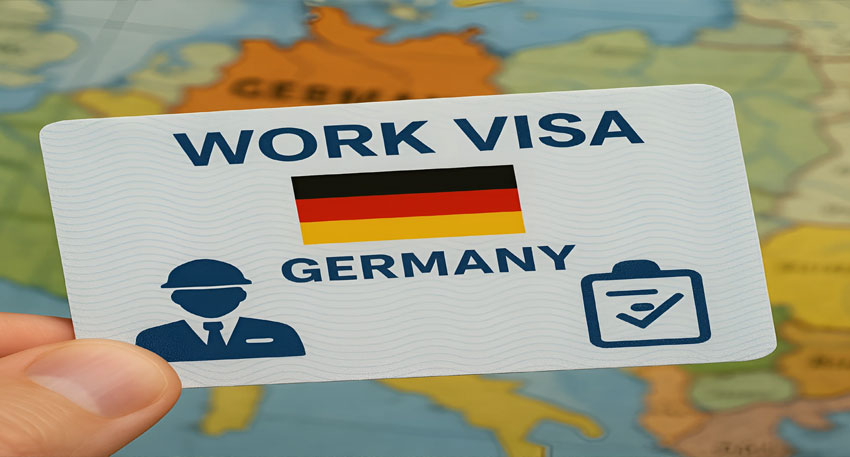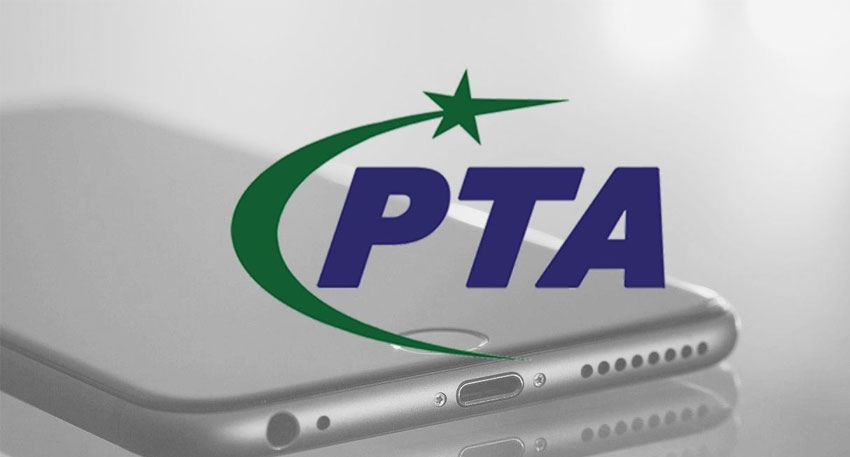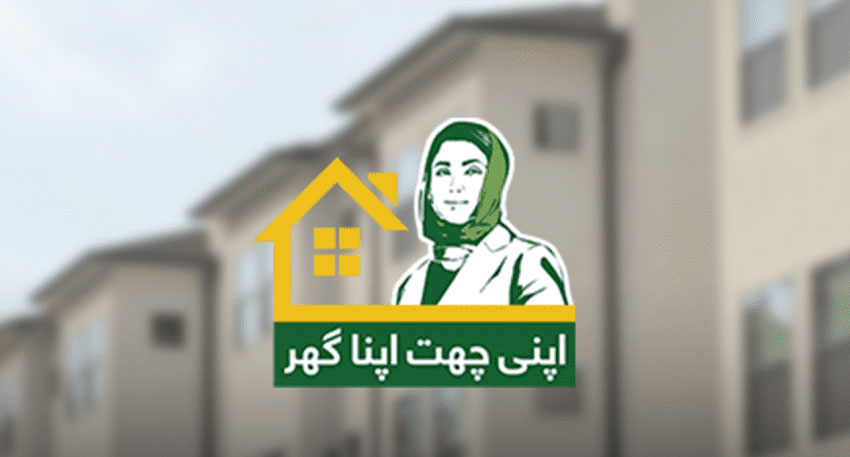
Those who are planning to move to Germany for employment, here’s a complete guide on eligibility, required documents, and how to apply.
Who Needs a Work Visa?
If you are a non-EU/EEA citizen planning to work in Germany for more than 90 days, you’ll need to apply for a German work visa, also known as a residence permit.
Eligibility Requirements
To qualify, applicants must meet the following criteria:
-
Hold a valid job offer from a German employer.
-
Earn a salary that aligns with German labor regulations.
-
Possess a valid passport and health insurance.
-
Ensure the job was advertised within the EU for at least 10 days prior to the offer.
-
Have a full-time employment contract.
Required Documents
Prepare the following documents for your visa application:
-
Valid passport
-
Signed employment contract
-
Official job offer form from employer
-
Proof of health insurance
-
Educational qualifications
-
Work experience letters
-
Cover letter (optional)
-
Recent passport-sized photographs
-
Proof of accommodation (if applicable)
Step-by-Step Application Process
-
Secure a job offer from a German employer.
-
Employer submits your details to the German Migration Agency.
-
Apply online for your work visa.
-
Pay the visa fee.
-
Wait for approval, typically 1–3 months.
-
Visit the German embassy (if requested).
-
Receive your residence permit.
-
Travel to Germany and begin working.
Your visa will be valid for the duration of your job contract and can be renewed. After four years, you may become eligible for permanent residency. You can also bring your spouse and children under the family reunification scheme.
Read More: Bahrain’s Golden Visa offers 10-year stay without a job
What to Do After Receiving Your Germany Work Visa
Once you arrive in Germany with your work visa, here are the key steps to follow:
-
Register your address within two weeks of arrival at the local registration office.
-
Apply for your residence permit at the nearest immigration office (Ausländerbehörde).
-
Open a German bank account where your salary will be deposited.
-
Secure health insurance, either public or private, as it’s mandatory for all residents.
-
Get your tax ID number (Steueridentifikationsnummer), which is essential for employment and determining your tax deductions.
Germany promotes a strong work-life balance—expect structured working hours, no pressure to work on weekends, and generous paid leave to help you recharge when needed.




